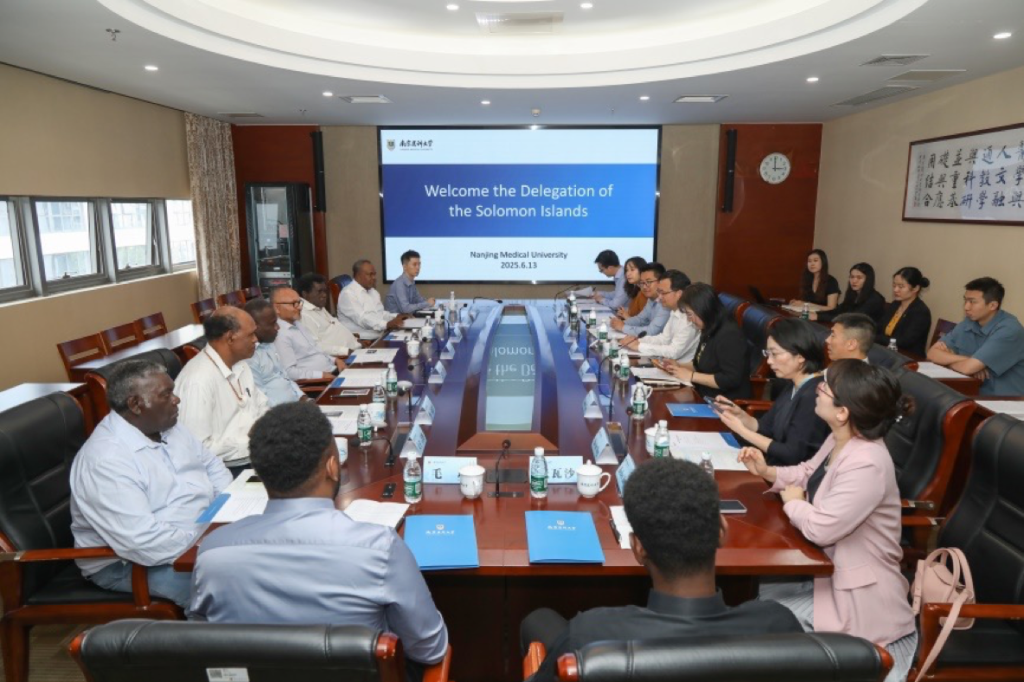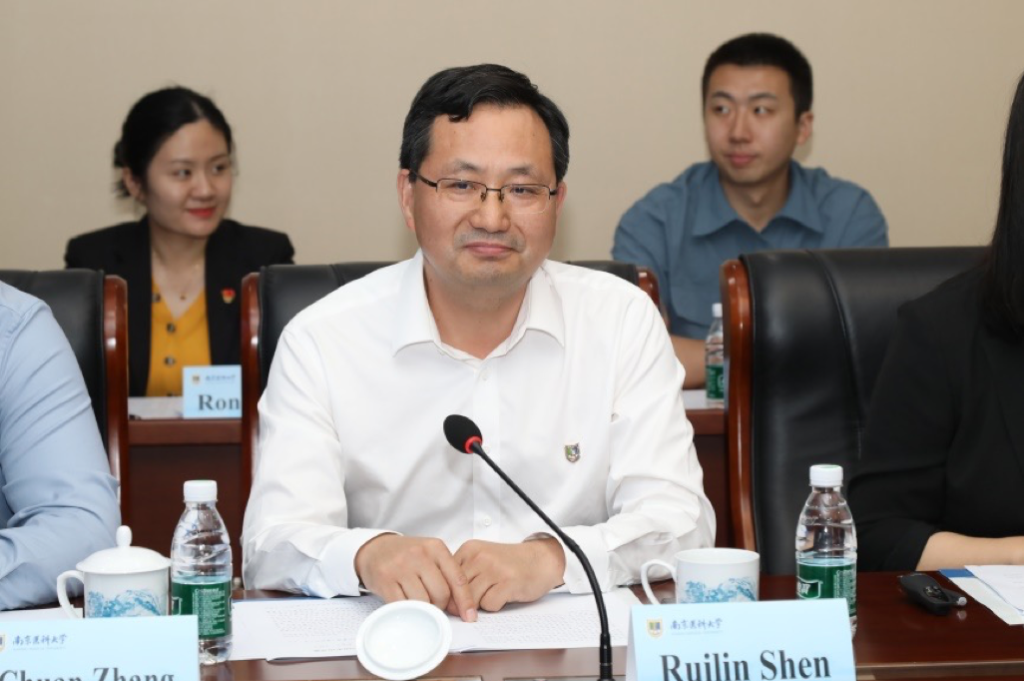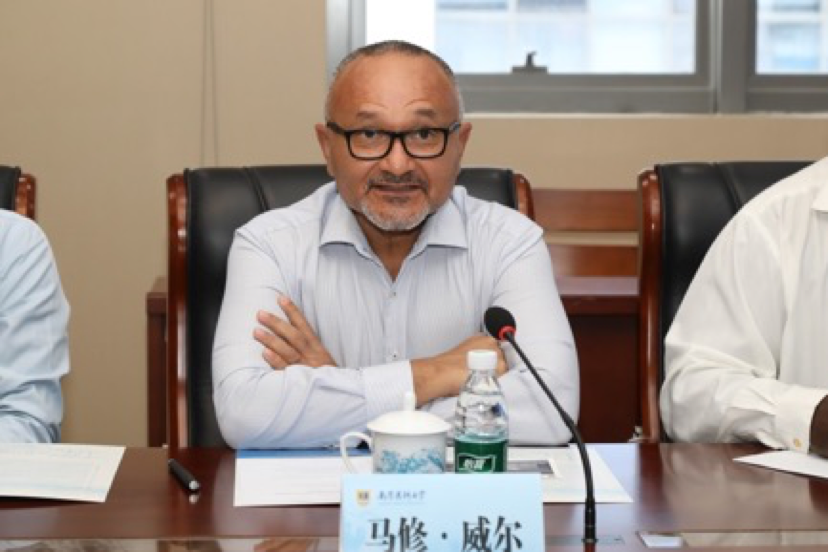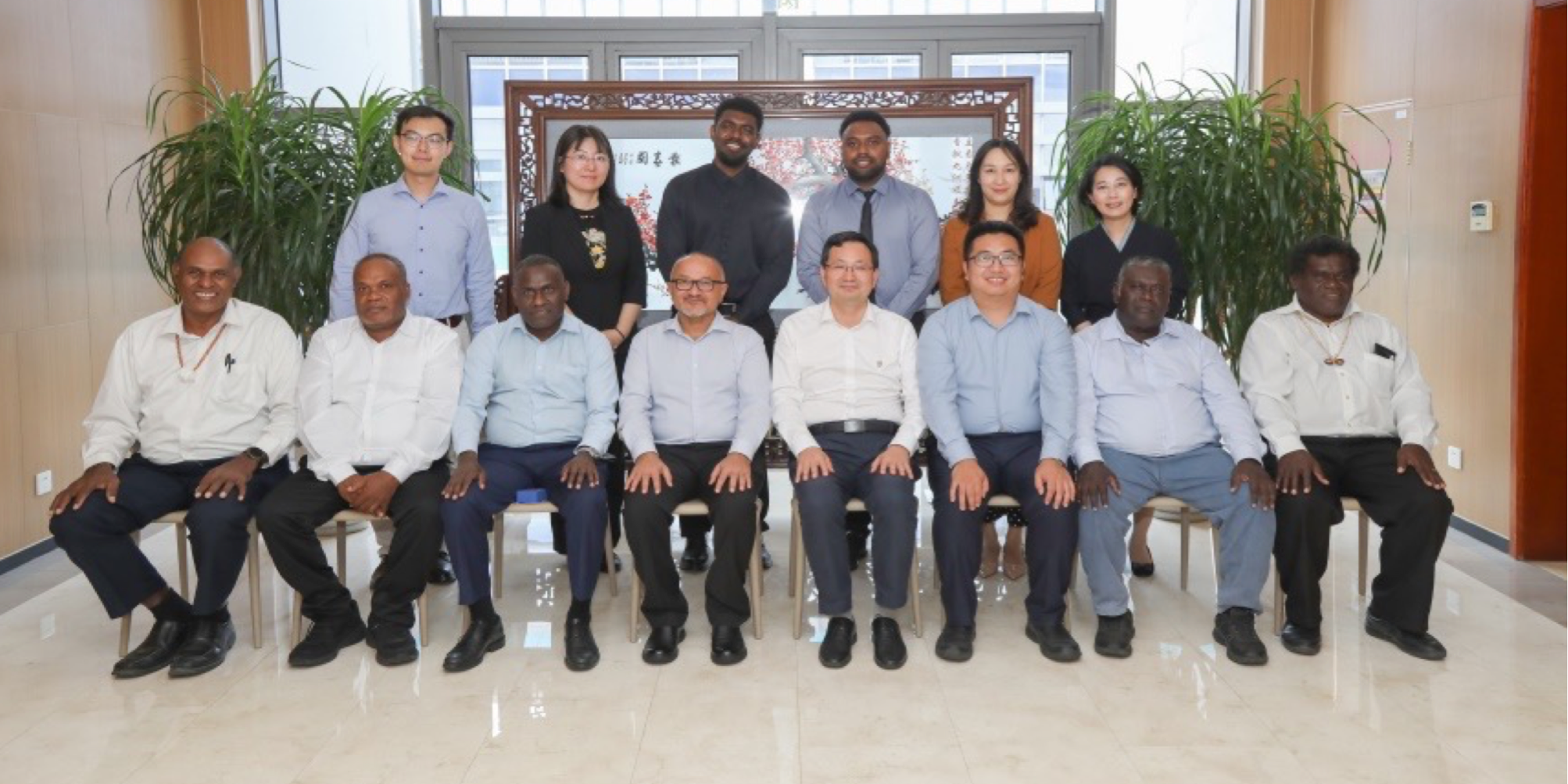GLOBAL health challenges now appear to be the next frontier for Solomon Islands-China bilateral cooperation.
Opposition Leader Matthew Wale MP highlighted this in discussions with the staff of Nanjing Medical University [NMU] during his visit there last week.
Hon Wale who led a delegation of senior Opposition figures, representing political parties that make up the Opposition, was due to return on the weekend.
According to reports on the visit, Hon Wale who is the parliamentary leader of the Solomon Islands Democratic Party, “highlighted (the) critical challenges in Solomon Islands’ primary healthcare system, particularly in tropical disease control (e.g., malaria).”

He emphasized the need to strengthen collaboration in tropical medicine research and specialized training for medical personnel. The Opposition Leader specially acknowledged NMU’s training of two Solomon Islands students and advocated for scaling up such initiatives.
Nanjing Medical University (NMU) received Hon Wale’s delegation on 13 June this year. The delegation was accompanied by Barrett Salato – Solomon Islands Ambassador to China, Hon. John Dean Kuku, Chairman of the Parliamentary Committee on Education and Human Resources Training, and the Hon. John Maneniaru, Chairman of the Committee on Bills and Legislation.
They were escorted by Mr. Zhang Chuan, Deputy Director of the Oceania Division, International Department of the CPC Central Committee, and Mr. Chen Xiaobo, Second-Level Researcher at the Protocol and Press Division of Jiangsu Provincial Foreign Affairs Office.

Representatives from the International Education School, the University President’s Office, and Solomon Islands students studying at NMU attended the symposium, which was chaired by Prof. Chen Yun, Dean of the International Education School.
Vice President Shen extended a warm welcome to the delegation, stating that their visit not only affirmed NMU’s achievements in medical education but also injected new momentum into deepening bilateral exchanges between China and Solomon Islands.
He proposed enhancing communication channels and expanding cooperation models, including “tailored training programs,” to cultivate more healthcare professionals for Solomon Islands.

Dean Chen presented NMU’s development history, international education profile, and breakthroughs in talent cultivation and scientific research, expressing hope for more Solomon Islands students to join NMU’s academic community as ambassadors of bilateral friendship.
In response, Hon Wale expressed gratitude for NMU’s hospitality and highlighted critical challenges in Solomon Islands’ primary healthcare system, particularly in tropical disease control such as malaria.
He emphasized the need to strengthen collaboration in tropical medicine research and specialized training for medical personnel. The Leader specially acknowledged NMU’s training of two Solomon Islands students and advocated for scaling up such initiatives.
During the open discussion, the two students shared their academic experiences, followed by in-depth exchanges on medical education cooperation between the two countries.
The delegation toured NMU’s History Museum, praising the university’s groundbreaking accomplishments in talent development and scientific research.
This visit has strengthened the bonds of friendship and advanced our shared commitment to building a global community of health for all, according to reports from NMU.
By Alfred Sasako









